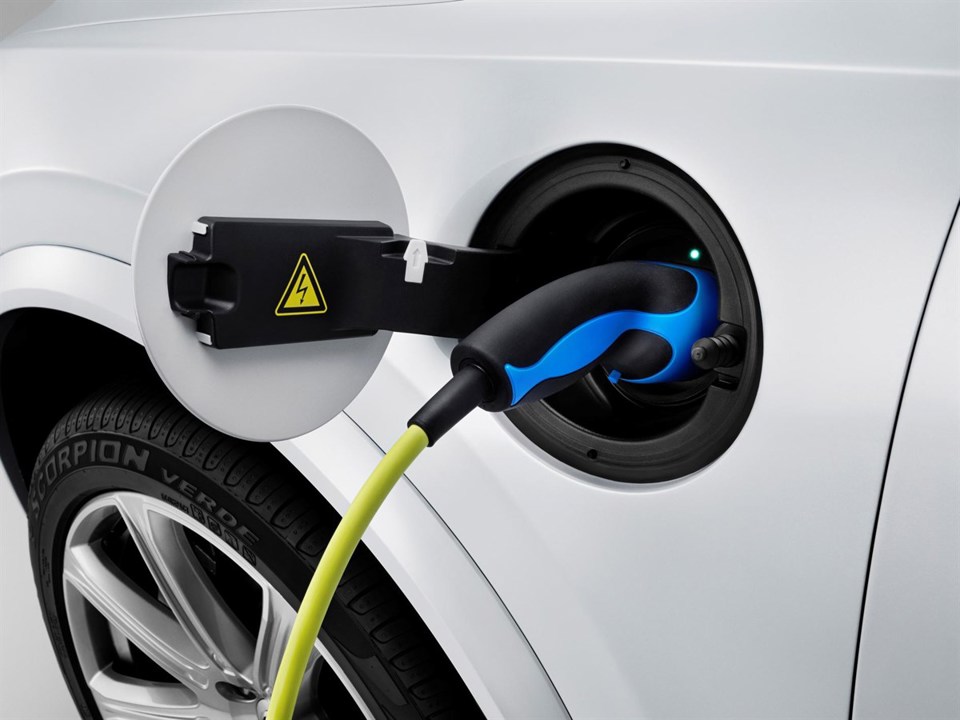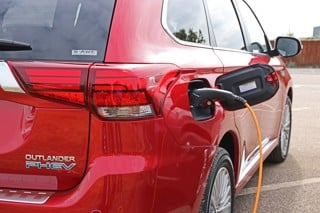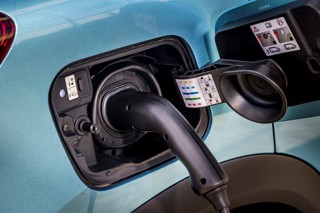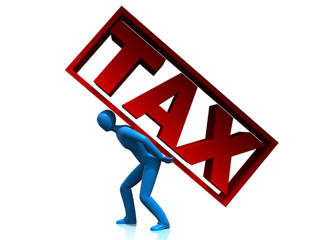The Association of the Fleet Professionals (AFP) is worried that the recent scrapping of the plug-in car grant scheme could signal a move away from favourable benefit-in-kind (BIK) rates for electric vehicles (EVs).
The grant’s removal, it says, suggests that the Government believes the EV market has now reached a point where it can operate with fewer or even no measures designed to speed and support adoption.
Paul Hollick, AFP chair, explained: “Fleets have been at the forefront of the electric car revolution and a key factor behind this has been the low benefit-in-kind taxation on offer to drivers, a fraction of that charged to petrol and diesel company car users. It’s been a highly successful incentive.
“However, we remain in a situation – which we have been highlighting for some time now – where BIK tables have only been published up until 2024-25, leaving businesses and employees with no indication of what the rate will be for 2025-26 and beyond.”
Hollick says that the loss of the plug-in car grant is not in itself significant as it applied to few fleet vehicles, but he fears that if the Government believes that the electric car market is now capable of standing with little support, the fleet industry will see a sudden jump in BIK taxation over a short period of time.
“The temptation to do this might be strong, especially at a point in time when the public finances are not in the best shape,” he added. “It’s potentially worrying.”
The AFP recognises that taxation on electric cars needs to rise but is adamant that it should be implemented in a manner that was gradual and well-signposted.
“In our opinion, increasing BIK rates too quickly would potentially affect rates of adoption by fleets and even potentially push people back out of electric company cars into private petrol or diesel alternatives,” continued Hollick. “There needs to be a fair and equitable approach over time.
“Of course, the whole situation is complicated by the fact that EV supply is currently so poor.”
A company driver asking his employer to order a vehicle today may well have to wait over a year for delivery. That places them in the 2023-24 tax year when BIK will be 2%.
“Assuming their car is on a four-year cycle, they know that rate will be held until 2024-25 but they will be driving it until 2027-28, a period for which we have no information whatsoever,” said Hollick.
“Our view is very much that it would be deeply unfair for that employee to suddenly find dramatic jumps in their taxation during their last two years with the car.
“It would also threaten the long-term electrification plans that, many fleets are enthusiastically pursuing right now, including our members.”
The AFP is currently in dialogue with HMRC on a number of issues and this is one that they continued to raise.
“All we can do is make HMRC and the Treasury aware of our views and support them with as much evidence as possible,” concluded Hollick.
“As the fleet industry’s professional organisation, we are working hard to make sure that our voice is heard.”























rosco7 - 11/07/2022 14:52
Whilst I agree with the AFP on this matter, it would be naive to believe the BIK discounts for EV’s are going to continue much further. 1. The treasury is looking for income, and company car tax is a low risk way to raise it, simply the mainstream media don’t understand or are interested in the impact of benefit in kind treatment of company cars to employees. 2. As we move forward to the 2030 commitment that all new cars will be “zero” emission in the UK, the treasury will need to prevent EV’s becoming a tax loophole. 3. The current tax treatment of EV’s causes unfairness to some employees. For instance an engineer with a c-segment estate car who can’t have an EV cause of the cost, and because the mileage expectation is high, or doesn’t have off street parking, is possibly paying as much as £200 pm as a 20% tax payer. Whereas the MD of the same company who can have a £80k EV and pay £55 pm. I was horrified in how the treasury treated company car users following “Dieselgate” trapping people into paying excess money for diesel cars they choose in good faith. But in reality 2% BIK rates for EV’s has to end sometime soon. I do agree that the treasury should be consulting with fleet operators and publishing BIK % rates at least 4 years if not 5 years into the future, considering the current order to delivery times.